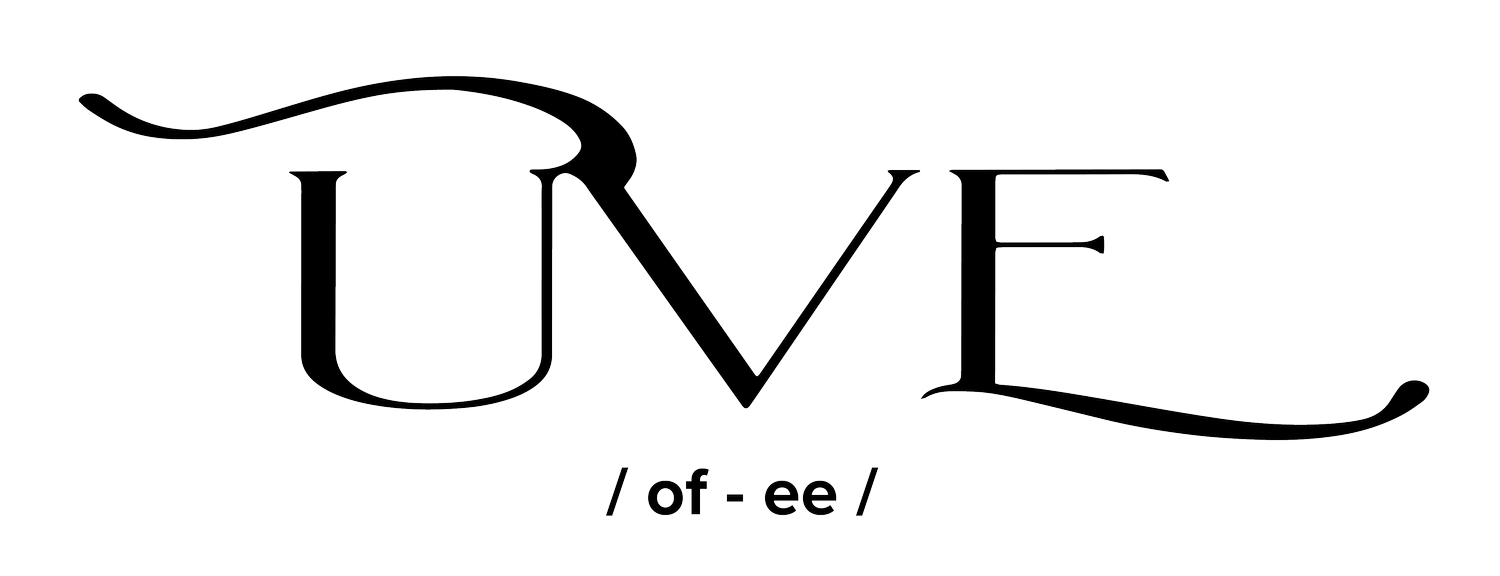When Our Words Matter, and When They Don’t
Dear Friends,
Last weekend, Andrea Malmberg and I facilitated our first Whole Under Management and Holistic Context creation process with a tribe. I've helped families, businesses, organizations, and individuals navigate this process, but this was the first time for both of us to work with a tribe.
Wow, did we learn a lot about tribal decision-making structures, their history, and impact. Perhaps, though, the most interesting take-away for me was the power of language and words to either bring us closer together through shared understanding, or to separate us.
The Gidutikad Band of Northern Paiute people we had the privilege to work with in Fort Bidwell, have a fantastic sense of humor. We laughed so much during our session (there were also tears, and big silent moments of deep pondering). Usually the source of laughter was related to language.
The word Holistic in particular created a barrier between us and them that we could have never predicted.
"What is this holistic," someone asked, "is that some LDS thing?"
Well, that was a new one for me. I've been associated with a lot of things, and called a lot of interesting names in my work, but never identified as Mormon, which I considered a compliment based on the many people of the Mormon faith I’ve had the pleasure to work with during my career.
We could not proceed with our work until, as a group, we had a deep discussion about holistic, holism and Holistic Management. We had to create in our small group, a shared understanding, a shared language in order to connect, collaborate and create in a meaningful way.
I reflect on this experience with the Fort Bidwell Indian Community at a time when the Savory Global Network is working to define regenerative agriculture. Whenever we define something we put a label on it, and contain it. Limit it. As I learned from my Gidutikad Band neighbors, sometimes we need to break the meaning and essence of our work out of the container it is in, if it doesn't serve us. If it doesn't help us connect, collaborate and create.
It is fine to create word containers for the essence of things, but let's be ready to re-create new containers as our work evolves--and as we engage with people who do not relate to the shape we've given our containers.
At UVE, our purpose is to uplift the voice of the Ecosystem. We also work to bring other unheard voices to the table. This includes the voice of women and Indigenous people.
We find that the shape they give to the words/containers for the meaning and essence of things is quite different than our dominant language.
We love this quote from A-dae Romero-Briones:
At the heart of the concept regeneration is wanting to renew and correct some of the missteps that have taken us to the point of environmental damage and degradation. We want to create systems that are rebirthing a healthy environment.
The full interview can be found here.
We see in regeneration the concept of cycles, of the ability to reproduce, to hold life, which we believe is deeply feminine work.
Recently, I have had the honor and privilege to be invited into a family who are Lytton First Nation from Lytton, British Columbia. As the family matriarch, Grandma Margaret, explained to me, in her culture, women are the holders. In fact, women married to Lytton First Nation men can become tribal members, but the opposite is not true. White men married to Lytton First Nation women are not allowed to become tribal members.
She laughed when she told me that her son-in-law (married to her daughter), was not even allowed to hold the salmon fishing nets used to fish on their tribal lands at the confluence of the mighty Fraser and Thompson Rivers. "He could only gut the fish," she said with a chuckle.
What containers would Grandma Margaret and her matriarchal ancestors give to our work? This work of bringing life back to land?
It is time we asked.
We learned that more than 4 out of 5 Indigenous women reported they had been the victim of violence, and 96 percent of them described their attacker as non-Native American. The symbol of the Murdered and Missing Indigenous Women movement is literally a red handprint across the mouth.
Whatever definition the dominant culture and language gives to the work of regenerative agriculture will not be complete without the voices of those who have been kept out.
Kept down. Kept contained.
At this intersection, I feel the deep urge to listen.
To get out my notebook, my audio recorder, my camera and absorb, reflect and repeat the sounds, the shapes, the rhythms and cycles of the women and people who remember, and who want to speak, but have been told for too long that they don't matter.
How are you listening in new ways? To people who are not like you? What have you learned?
Thank you for being in this conversation with me, my friends. I am aware more than ever now how much our words matter--and that they only have meaning if they create connection between the speaker and the listener.
Love,
Abbey




